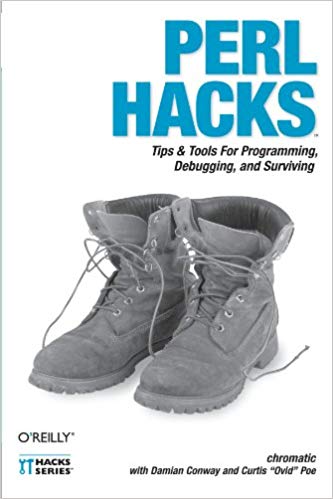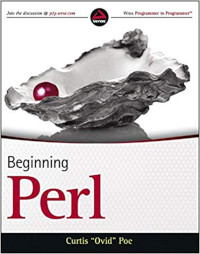I frequently give keynotes at conferences and speak at private corporate events. Drop me a line if you're interested in having me speak. Tell me the focus of the eventand we can use one of my existing talks, or I can create a new talk based on your specific needs.
To give you an idea of how people respond to my talks, here are the survey results from a recent closing keynote I gave at a 2018 software conference in Glasgow, Scotland:
Note: rated on a scale where 1 is an abomination and 10 is fantastic.
| Question | 1 | 2 | 3 | 4 | 5 | 6 | 7 | 8 | 9 | 10 |
| Your prior knowledge of subject | - | - | - | 1 | 3 | 2 | 4 | 2 | 3 | - |
| Speaker's knowledge of subject | - | - | - | - | - | - | - | 2 | 7 | 6 |
| Speaker's presentation of subject | - | - | - | - | - | - | - | - | 5 | 10 |
| Quality of presentation materials | - | - | - | - | - | - | - | 1 | 5 | 9 |
| Overall presentation rating | - | - | - | - | - | - | - | - | 7 | 7 |
Below is a small sample of some of my more popular (and sometimes controversial) talks.
How to Fake a Database Design
I created this talk to provide a "simple" method of creating a strong database design. In years of hiring developers, I've discovered that many otherwise excellent developers nonetheless struggle to understand how databases work.
When You Don't Want Agile
There's still quite a bit of confusion about when to using Agile development. As it turns out, the answer is rather simple and by the end of this talk, you'll understand the real reason Agile exists and when you should (or should not) apply it.
You're Killing Managers (keep it up)
The title is rather tongue-in-cheek, but this talk was created after a corporate client brought me in for a second round of Agile training and asked for me to expand on some earlier comments about the role of management. Curiously, more and more companies are discovering they can function with fewer managers. This talk explains why.
Object-Oriented Design Using Roles
"Modern" class-based object-oriented (OO) systems were invented with the birth of Simula 67, over 50 years ago. It introduced classes, polymorphism, encapsulation, and inheritance. While the first three of those are generally accepted, we've had five decades of arguing over how to handle inheritance. Recently, we've seen an adoption of traits (known as "roles" in Perl 5 and Perl 6). This is probably the most important advance in OO programming since Simula 67. I give a brief introduction and give a real-world example of how we used them to simplify a complex system at the BBC.
Why Perl 6 is so Exciting
Perl 6 is an exciting programming language. It is not the successor to Perl 5, any more than C# is the "successor" to Java. Here I present a gentle introduction and wow the audience with the power of simplicity.
Please leave a comment below!
If you'd like top-notch consulting or training, email me and let's discuss how I can help you. Read my hire me page to learn more about my background.
Copyright © 2018-2026 by Curtis “Ovid” Poe.


